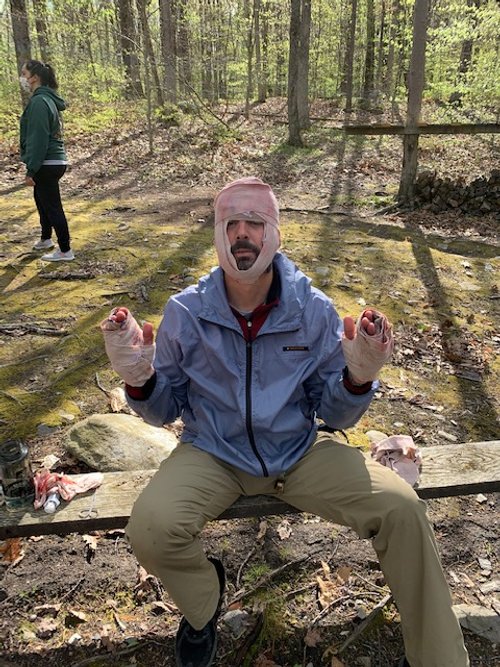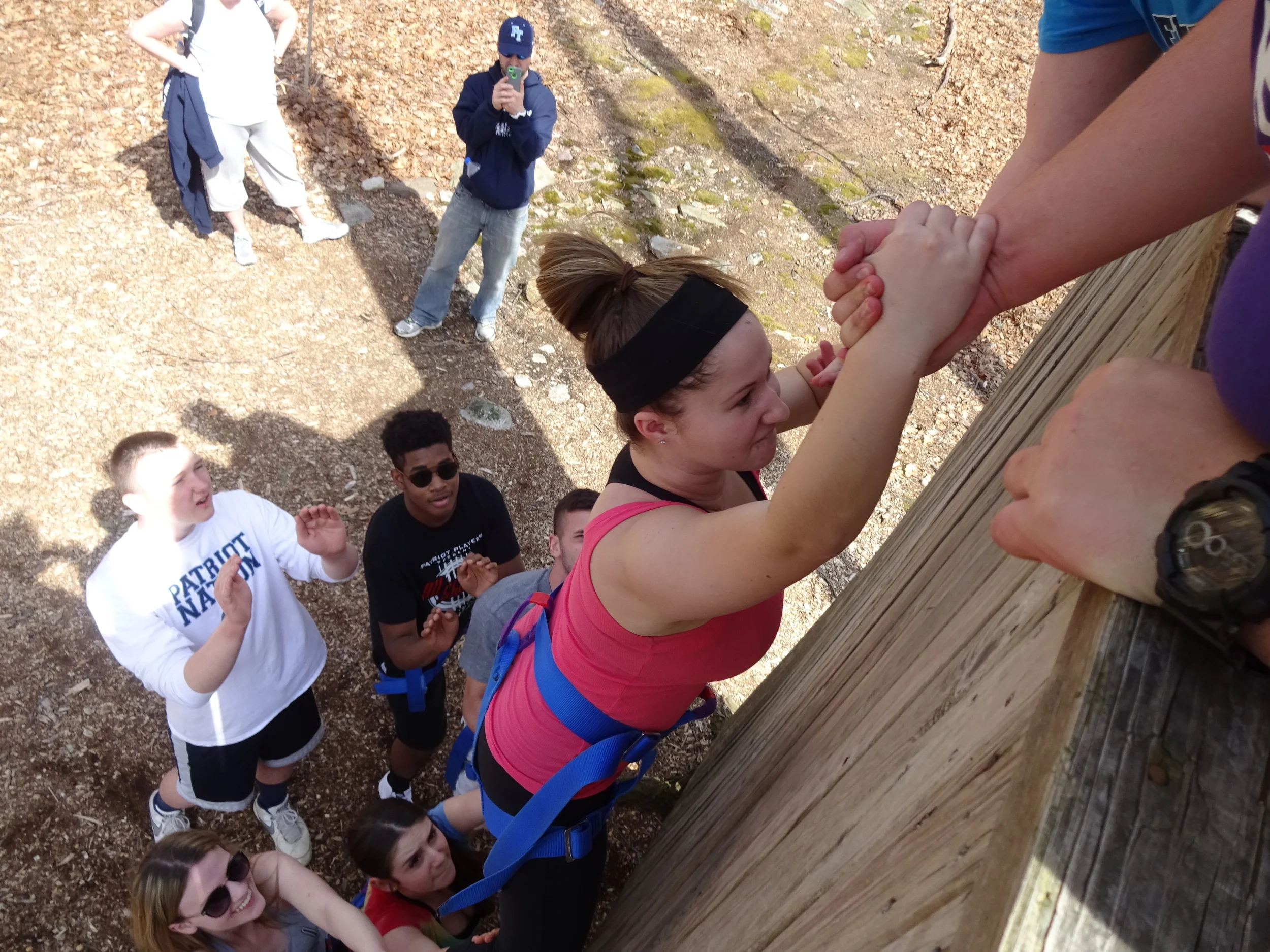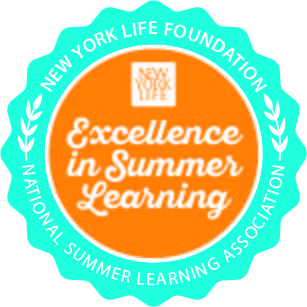Clean Energy Week 2021
/September is the month of Zero Emissions Week, and more locally, Climate Week NYC!
Sustainability is a core value of the Princeton-Blairstown Center. From water turbine installation in the 1970s to produce power from the water flowing over the Bass Lake Dam, to the (now defunct) earth oven originally constructed near the Center’s garden site, to the solar panels on Egner Lodge, the Center has a track record of employing sustainability technology, and using it to both lower the Campus’s carbon footprint and explore science and technology with students.
This year, a number of these clean energy initiatives were included in the Center’s revised Environmental Education curriculum. To further encourage familiarity and impromptu education about the clean energy initiatives at the site, a set of five interpretive signs were designed and placed around Campus to highlight the infrastructure, the science concepts behind the technology, and the benefits each initiative brings to the Center. The signage was installed by the Facilities team, and is referenced by facilitators and staff as they move around property with program participants, Board members, and funders.
As with the efforts of the Program team to use the technology for teaching, one of the most exciting features of the Center’s clean energy technology is seeing it in action. When a local group brought a women’s retreat to campus, a participant used the new EV charging station to recharge their vehicle while they attended workshops. The solar panels on Egner Lodge have a feature that allows anyone with an internet connection to check their estimated output and carbon reduction. And the Center’s garden is a delicious example of sustainable practices for caloric energy, taking in food waste from the dining hall, turning it into nutrient-rich soil via composting, and using inputs of time, sun, and water to turn it into fresh produce to be served to students and staff – “clean” energy for minds and bodies.


























